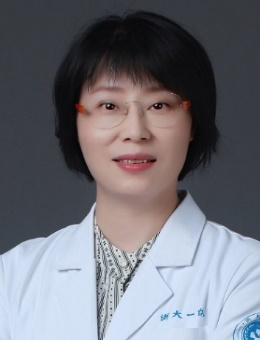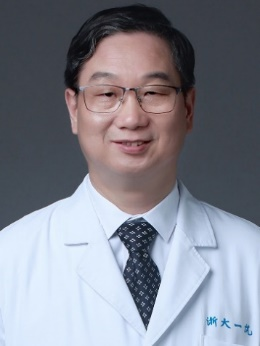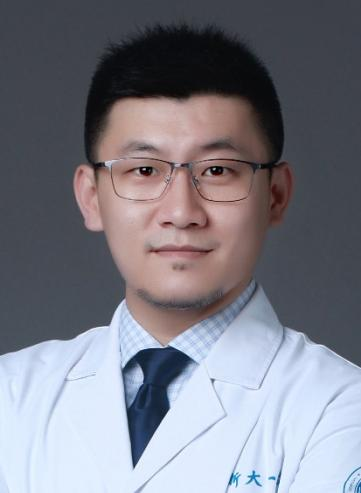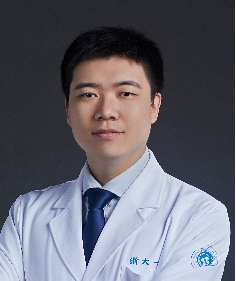Prof. LI Lanjuan
• Academician of the Chinese Academy of Engineering
• Doctoral Supervisor
• Chief Physician of the Department of Infectious Diseases of FAHZU
• Director of the Artificial Liver Center of FAHZU
• Director of the Department of Infectious Diseases
• Director of the National Key Laboratory for Critical Diagnosis and Treatment of Infectious Diseases
• Director of the Belt and Road Joint Laboratory of Infectious Disease and Drug Development
Prof. LI is the pioneer of China's artificial liver blood purification Therapy. She has been engaged in clinical, scientific research, and teaching work on infectious diseases for a long time. Her main research interests are focused on diagnosis and treatment of infectious diseases, liver failure and artificial liver and infectious microecology. She has edited and published monographs such as Artificial Liver, Infectious Microecology, and the Ministry of Education's planned textbook Infectious Diseases. Her papers have been published in excellent journals such as Nature, Lancet, NEJM, CELL, and Engineering. She won the special prize, the first prize and the second prize of the National Award for Science and Technology Progress, as well as the UNESCO-Equatorial Guinea International Prize for Research in the Life Sciences, the Zhejiang Provincial Science and Technology Award, the Guanghua Engineering Science and Technology Award, the National Innovation Prize, the "National Outstanding Scientific and Technological Worker", and the "National Advanced Individual in the Fight against COVID-19" and other honorary titles.





